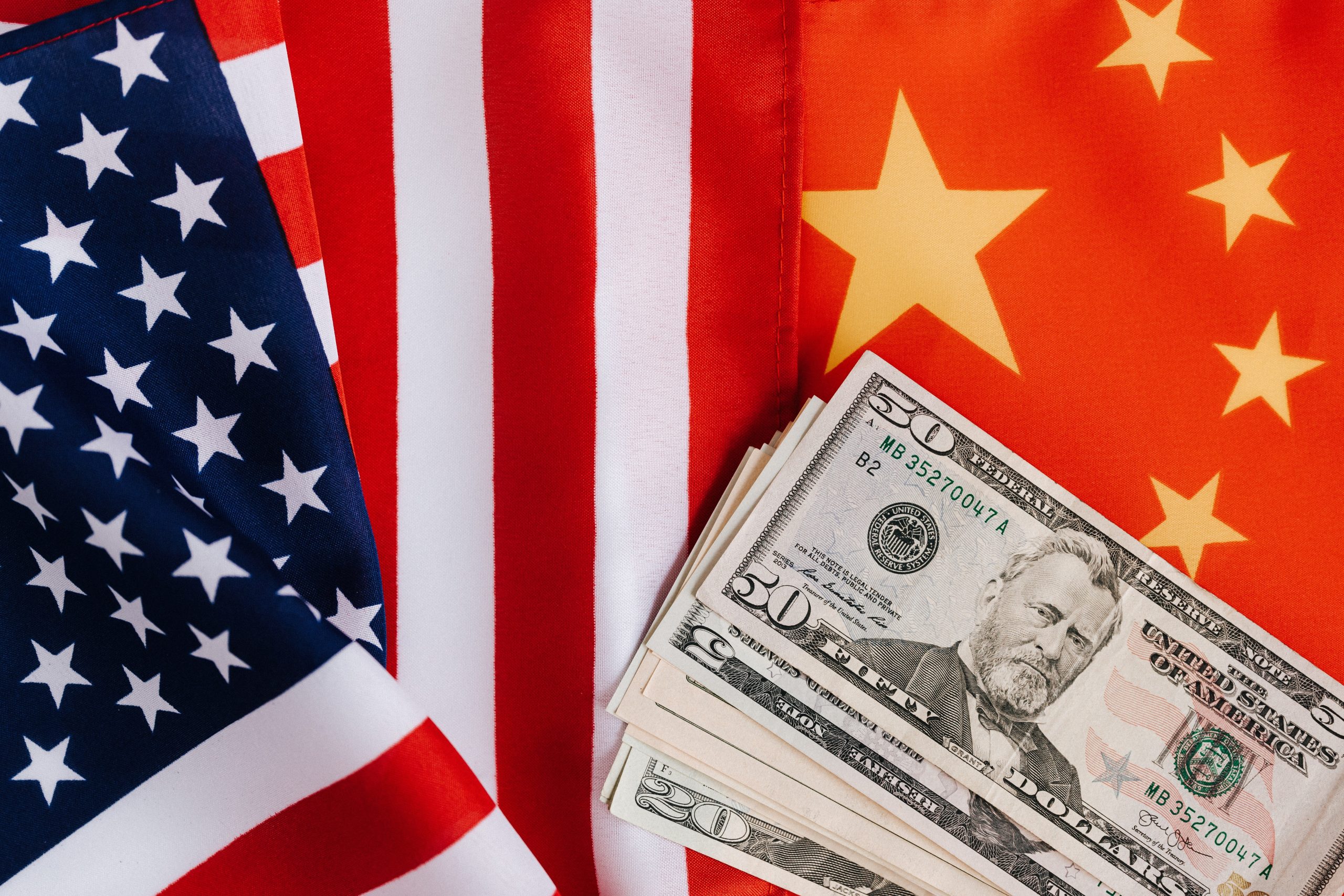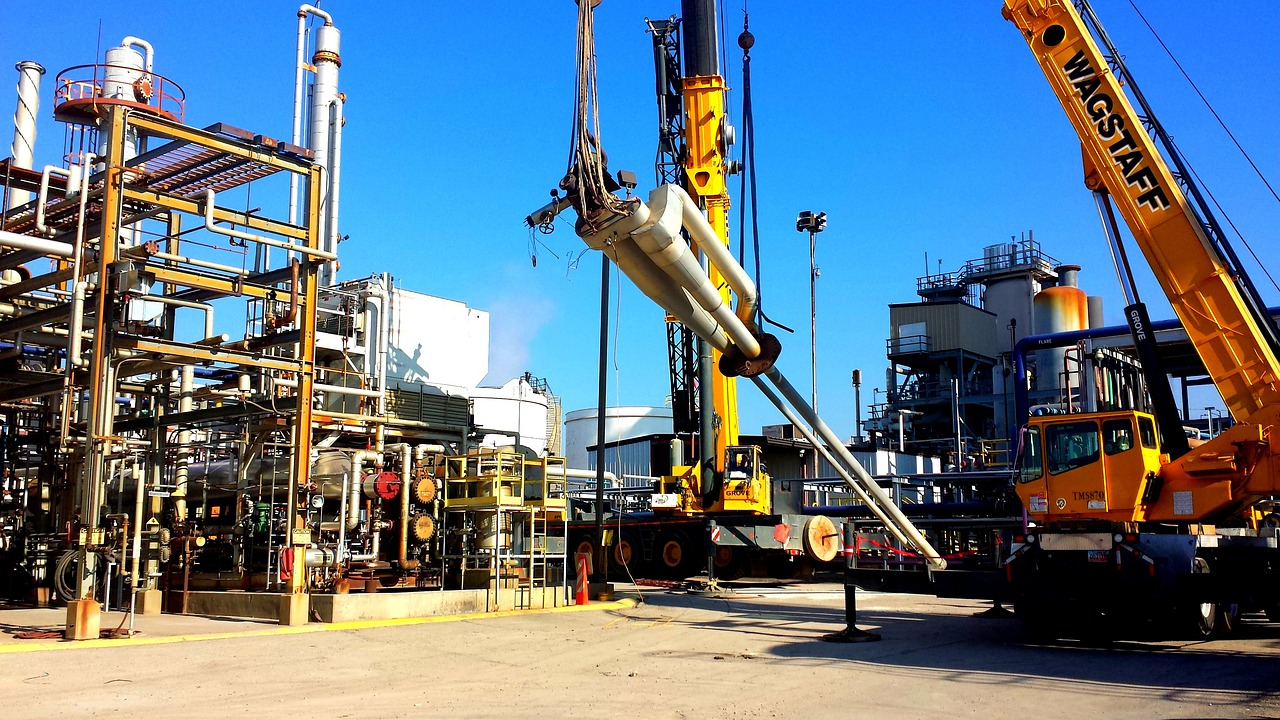Credit Suisse, a leading global financial services company, recently made some remarks on Saudi Arabia’s financial landscape that have sent shockwaves through the industry. The comments have sparked debates and discussions about the future of the country’s economy and its position in the world market. In this blog post, we will dive deep into Credit Suisse’s remarks and explore their potential impact on Saudi Arabia’s financial landscape. Are you ready to discover how these comments could shape one of the largest economies in the Middle East? Let’s find out!
What Credit Suisse Said
According to Credit Suisse, the recent statements made by the CEO of the bank have had a significant impact on Saudi Arabia’s financial landscape. The CEO commented that there is a risk of an economic slowdown in Saudi Arabia and that he believes there is a need for reform in the country. This statement has caused some investors to sell off assets in the country, which has led to a decline in the value of the Saudi Riyal.
The CEO’s comments are likely to have a lasting impact on Saudi Arabia’s economy, as they suggest that there is a risk of an economic slowdown. This could lead to increased unemployment and lower wages, as businesses struggle to stay profitable. It is also possible that other countries will start to pull back their investment in Saudi Arabia, as they become concerned about the stability of its economy.
How It Affects Saudi Arabia
Saudi Arabia is one of the most important oil-producing countries in the world. It is also a major oil exporter, with exports amounting to around two-thirds of its GDP. This makes Saudi Arabia one of the country’s most important economic actors and it has a significant impact on global markets.
As a result of these factors, Saudi Arabian authorities have been closely watching developments at Credit Suisse in recent months. On September 6th, 2018, Credit Suisse announced that it would be cutting 9,000 jobs worldwide and suspending some investment activity due to concerns about global economic conditions. The bank’s decision had a big impact on Saudi Arabia because many of its employees work in the banking sector.
The Saudi government responded quickly by reassuring investors that it was still financially sound and that its economy was stable. However, the incident has raised doubts about the future for Saudi banks and other businesses that are heavily reliant on foreign loans. In response, many Saudis have started to reduce their exposure to foreign assets and stocks. This could have a negative effect on the country’s economy in the short term, but it may also lead to long-term stability if Saudi institutions can weather this storm better than others.
What to Expect Next
The global financial crisis of 2008 was one of the most notable events in recent history. It caused massive losses for banks and other financial institutions, as well as a number of people who lost their homes or jobs. Credit Suisse is a Swiss banking giant that was one of the worst affected banks during the crisis. As a result, the company has been subject to numerous lawsuits and investigations.
In a recent speech, Credit Suisse CEO Tidjane Thiam said that Saudi Arabia’s government is facing significant budget deficits and an elevated level of debt. He added that these issues could damage Saudi Arabia’s economy and make it more difficult for the government to finance its stimulus programs.
This statement has raised concerns among some investors and analysts. They worry that it could lead to an increase in interest rates, which would make it more expensive for companies in Saudi Arabia to borrow money. This could have a negative impact on the country’s economy overall.
It’s still unclear how this statement will affect Saudi Arabia’s financial landscape. However, it’s likely that this issue will continue to be monitored closely by both investors and officials alike.
Conclusion
Credit Suisse’s announcement that it is freezing Saudi Arabian assets has had a significant impact on the Saudi economy and financial landscape. The freeze will cause a decline in the value of Saudi stocks and bonds, which could have serious implications for the government’s budget. In addition, Credit Suisse’s decision to stop doing business with Riyadh may lead other banks to follow suit, increasing the amount of money that is withdrawn from the kingdom’s markets. Ultimately, this move by Credit Suisse may have a negative impact not only on Saudi Arabia but also on broader global markets.










